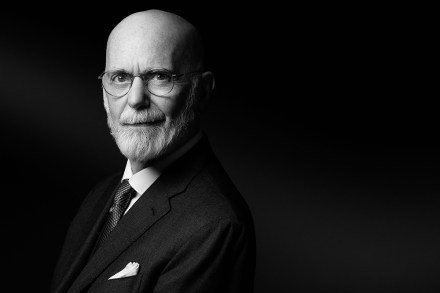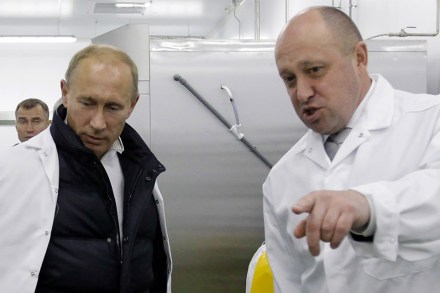Beware pathological niceness
When so many polls suggest that restricting mass immigration would be to politicians’ electoral advantage, voters in the West are continually stymied by why the immoderate flow of foreigners into their countries continues apace. Online comments abound with theories. Biden could lose the coming election because of his lovey-dovey border policies alone A global World Economic Forum-led cabal is intent on eliminating the nation state by fracturing polities into mutually hostile subgroups, making them easier to control. (An atomised in-fighting rabble would seem rather harder to control, but maybe that’s just me.) In the US, Democrats are intentionally importing minorities who will supposedly all vote Democratic and usher in a




















